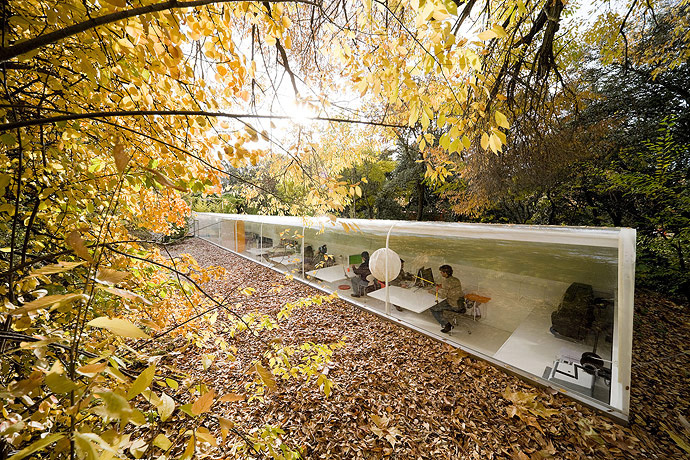A recap here of our recent breakfast event Change for Growth & Better Ways of Working @ The Hospital Club. Yeah that’s a mouthful.
In the morning’s public conversation we were welcomed by Hannah Blake (BBC Labs), Sam Reid (The Upside), and Devin Hunt (Founder Centric ) to help us navigate the changing landscape of the world of work. Here’s just s few of the highlights:
BRINGING OUTSIDE INNOVATION IN
For the better part of two decades large corporations have been looking to widen their R&D efforts through open innovation programmes and similar activities that align with the best and brightest from the outside. With BBC Labs the beauty lies in initiating these strategic partnerships right from the outset. So when the head of BBC online is excited about a new Startup and the team behind it, aligning with them early on ensures a shared-fate work ethos with mutual risks and rewards.
MOVING FROM PUSH TO PULL
Rethinking the traditional agency model by crowdsourcing talent on a needs basis can allow for a healthier pipeline for innovation. With challenges aplenty in execution, it really boils down to the trust between client and agency, as well as the willingness to go down a road less travelled. This was the case in developing Guided Collective, which has evolved over time to be a part of Innovation Plug-in, The Upside.
REALISING IDEAS FASTER
The goal posts have shifted. You know this is the case when folks like Barclays have moved from bikes to bootcamps (and now Accelerators). Startup education has never been more popular, and possibly more necessary. Borrowing on risk friendly and agile ways of working, Founder Centric has been pioneering the fast (and sometimes dirty) models that have become normalised as proven ways of doing innovation.
And some of the more specific themes that we covered included:
PEOPLE
How do we listen to those tensions that may arise at work, and what mechanisms can provide these tensions with an amplified voice? What established leadership styles focus on enabling over managing?
We explored the fine balance and importance of upholding autonomy in the workplace, but also knowing the limits and the interconnectedness with other personnel involved on a given project. More holacratic organisations are challenging convention as these flatter operating systems are transforming organisations like Medium, Undercurrent, Basecamp, and Zappos. The common characteristics for all,includes working in a fashion that is decentralised, self-organising, and with distributed authority. Permitting quick and effective decision making, these models are not fans of job titles but of versatile and changing funcitons.
As wonderful as it all sounds, it is yet to be seen if these responsive ways of working can sustain with larger and highly complex organisations. As bigger players are forced to learn to operate flexibly, time will tell whether they can employ systems of working that cope with change faster. Meanwhile the new kids on the block, those high-growth startups, are building and evolving the most suitable working model from day one.
ENVIRONMENT
We drew inspiration from Automattic’s Founder Matt Mullenweg’s, who chooses to operate with no physical office, but rather annual retreats (often in painfully inviting and warm places like Hawaii).
For Devin, it was all about mixing things up (one day at a fine coffee roasters, the next in an airy office). Sam prefers squatting in the premises of larger companies, benefiting from their water cooler culture but free to shuffle along to a new surrounding when it suits. Hannah makes a clear distinction between her Startups that take advantage of the space offered by the BBC, where those who simply turn up benefit significantly more than those who don’t. Indeed, many Startups decide to stay on even when the programme finishes.
It became clear that there is a balance to strike depending on the organisations. These optimum working environments continues to be explored as exemplified with new players that label themselves Investment Studios or even Second Homes.
COLLABORATION
No smack was spoken when it came to Google Docs, and other tools like Slack or Trello, which have helped to transform the way we work. One understated yet simple trick was to ensure that remote working teams in different timezones overlap with each other for at least an hour. Others emphasised the healthy benefits of physically getting together as a team every 4-8 weeks. What resonated for all was the importance of fostering an open and collaborative working culture. Whether achieved through RFC style practices or other mechanisms for nurturing ongoing feedback and inclusivity, smart working just makes good sense.
We touched on how to build the confidence of clients and highlight the benefits of looser but more value-led ways of working. Indeed with a foundation of trust, we can move from a mindset of servicing clients to helping partners
Image courtesy of Selgascano Architects

